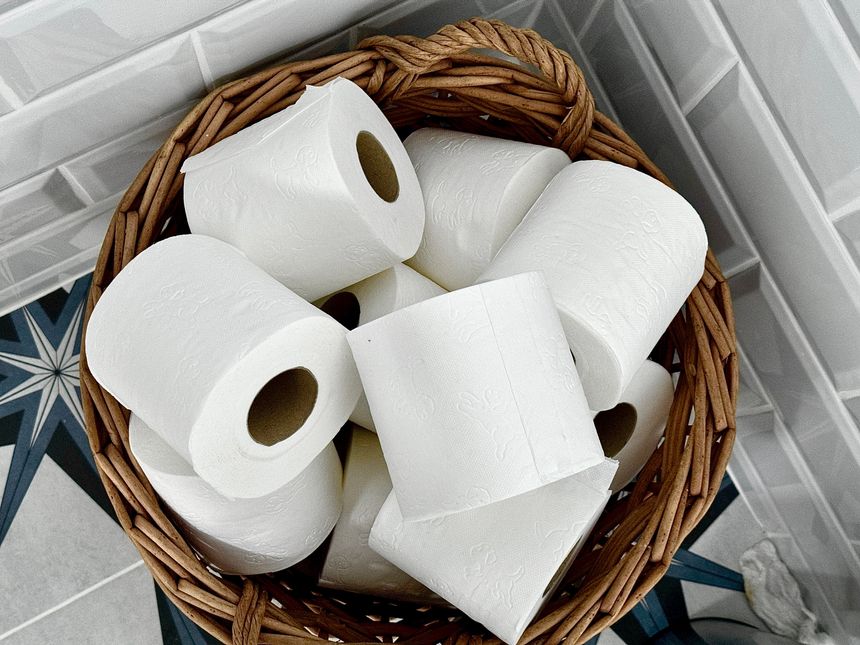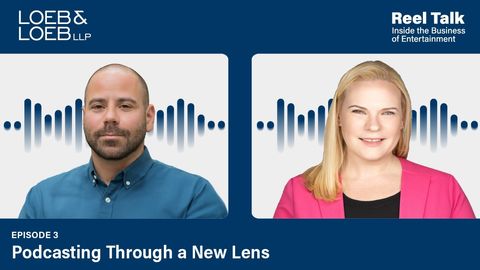While advertisers are awaiting the Federal Trade Commission's revisions to the Green Guides, the National Advertising Division (NAD) of BBB National Programs continues to review environmental advertising claims through its process of industry self-regulation. Earlier this week, NAD recommended that Plant Paper, Inc., the manufacturer of toilet paper made from bamboo, discontinue advertising that claimed environmental and health benefits over “conventional tree” toilet paper. The challenge was brought by the American Forest & Paper Association (AF&PA), a national trade association representing the forest, pulp, paper, paperboard, and wood products industries in the United States.
The challenged advertising by Plant Paper claimed that the product is free of toxic chemicals and offers environmental benefits that are lacking in competing toilet paper products. Plant Paper's social media advertising also claimed that other conventional toilet paper products contain “toxic” and “nasty” chemicals, including bleach, formaldehyde and PFAS, and that these chemicals cause serious health problems for consumers. Upon reviewing the evidence, which included published articles, a life cycle analysis (LCA) and carbon impact study, NAD determined that although the evidence supported claims that bamboo harvesting offered the advantages of a lower environmental impact, the evidence was not a good fit for the comparative messaging conveyed by the advertising. According to NAD, Plant Paper's website and social media posts communicated the implied claims that “conventional” tree tissues are made with intentionally added toxic chemicals and that, as a result, Plant Paper products are better for human health and the environment. NAD also found that the evidence didn't support the message that Plant Paper's manufacturing process was better for the environment. NAD recommended that these claims be discontinued.
The case provides an important caution regarding advertising that overstates an environmental benefit and advertises that benefit in a context that potentially disparages competitors. NAD reached a similar determination in a recent case when it recommended that Caraway, the maker of ceramic nonstick cookware, discontinue disparaging claims that traditional nonstick cookware is harmful to consumer health due to the presence of “forever chemicals.” Advertisers should take care when leveraging a potential environmental benefit as a comparative advertising claim that disparages “traditional” or "conventional" competitors. The fact that the competitive brands are not named in the advertising does not necessarily reduce the risk of challenge. Notably, in both cases, Plant Paper and Caraway, an NAD challenge was brought by an industry trade association on behalf of members, rather than by individual companies.


/Passle/63ef8bdcf636e911c850090e/SearchServiceImages/2026-02-13-18-50-31-701-698f727799773b21433a7328.jpg)
/Passle/63ef8bdcf636e911c850090e/SearchServiceImages/2026-02-08-02-56-17-355-6987fb51644a11e11ab82944.jpg)
